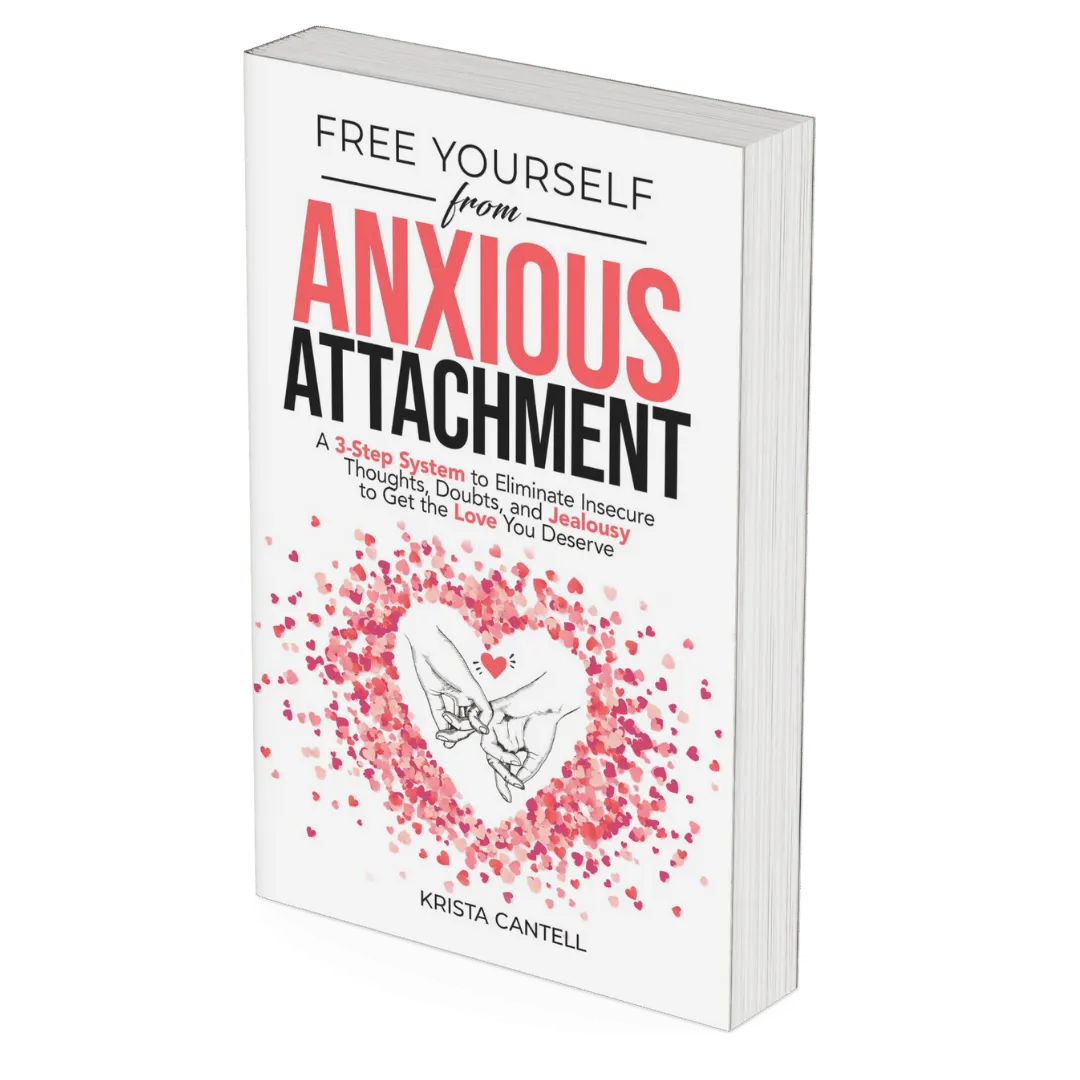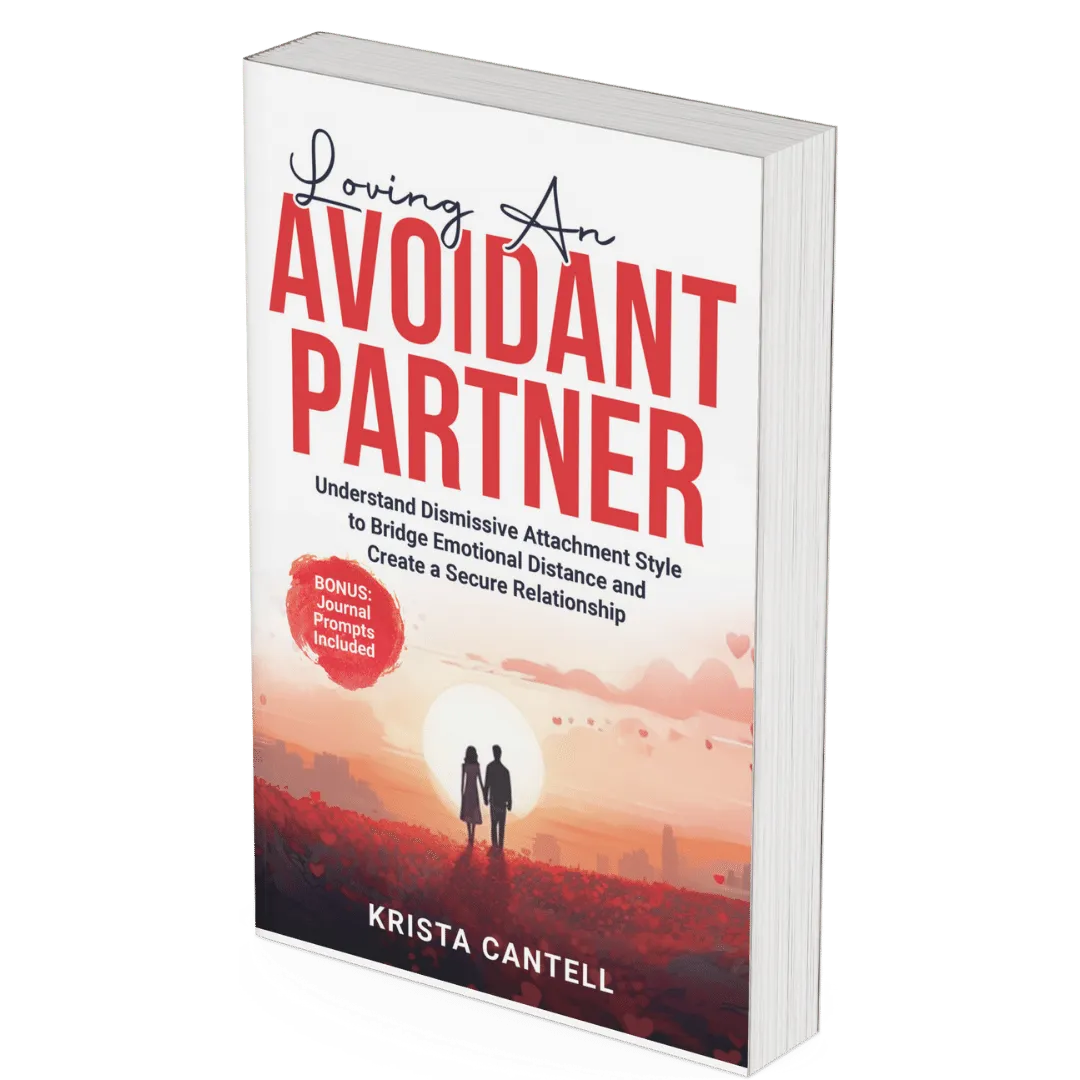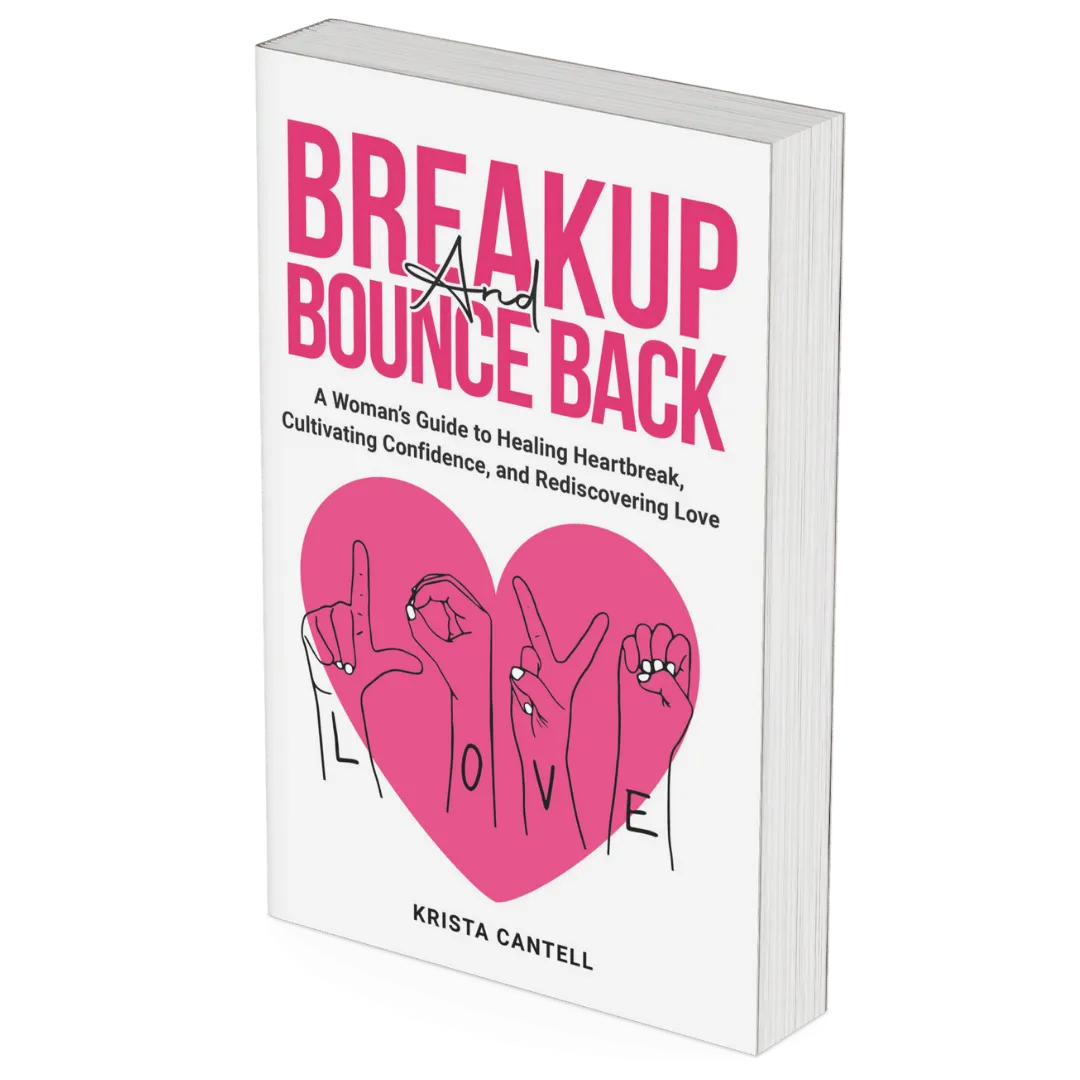Connect with Us
Need help with something, or simply want to get in touch? We're looking forward to hearing from you. Just fill out the form and I will get in touch with you.
Our Service

Home Decor
Lorem ipsum dolor sit amet, consectetur
sed do eiusmod tempor incididunt ut labore et dolore magna aliqua.
Home Decor
Lorem ipsum dolor sit amet, consectetur
sed do eiusmod tempor incididunt ut labore et dolore magna aliqua.
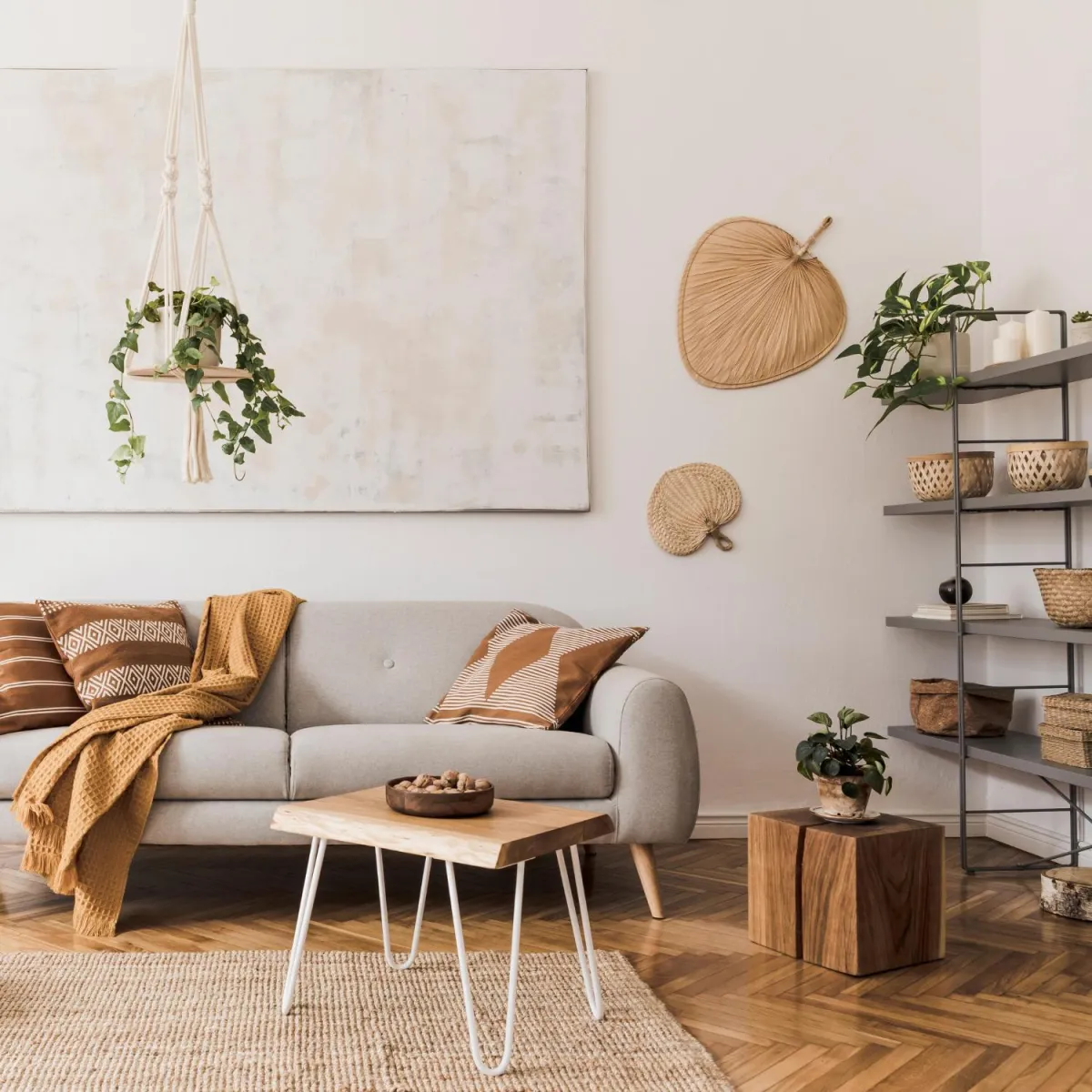
Get In Touch
Email: krista.brea@gmail.com
Assistance Hours :
Mon – Sat 9:00am
Sunday – 8:00pm
Attachment Theory Blog
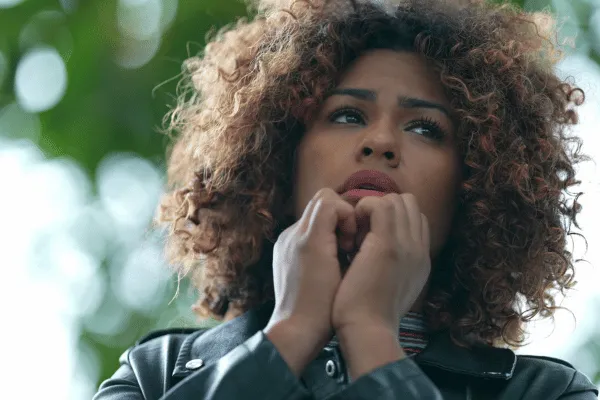
Anxious Attachment in Relationships: How to Navigate a Sea of Anxiety
The Anxious Attachment Style: A Rollercoaster of Love
If you’ve ever found yourself obsessively checking your phone when your partner is late, or lying awake at night wondering if a small argument has doomed your relationship, you might be exhibiting signs of anxious attachment. Let's explore this fascinating, albeit challenging, attachment style through real-life scenarios, understanding not only the reactions but also the emotions driving them.
Can You Relate to This Scenario?
Imagine a regular evening that suddenly turns into a whirlwind of anxiety. Your partner, usually punctual, is late coming home. Instead of considering simple reasons like traffic or a last-minute errand, your mind hurtles down a darker path. You picture car accidents, sudden illnesses, or, your heart sinking with each tick of the clock, the possibility of infidelity. These are not just fleeting worries; they are vivid, distressing scenarios playing out in your head. Welcome to the world of someone with an anxious attachment style.
The Roots of Fear of Abandonment
This isn't just about a partner being late; it’s a glimpse into the underlying fear of abandonment and rejection that plagues those with anxious attachment. These fears aren't necessarily rooted in the reality of the current relationship but often stem from deeper, earlier experiences in life. Perhaps it’s a childhood where emotional needs weren't consistently met, or past relationships that ended abruptly, leaving scars of insecurity and distrust.
The Spiral of Anxiety
As the clock ticks, your anxiety isn't just uncomfortable; it's all-consuming. You check your phone incessantly, your heart racing with each new message that isn’t from them. You might even find yourself walking to the window, peering out, hoping for their car to pull in. This anxiety can escalate, leading to behaviors like sending a barrage of texts or calls, each one amplifying your fear when left unanswered.

Your Partner Spending Time with "Friends"
Imagine your partner cheerfully announces plans to spend an evening with friends. For many, this is a normal, healthy part of any relationship. However, if you're grappling with anxious attachment, this scenario can be a trigger, opening the floodgates to a sea of insecurities and fears.
The Onset of Insecurity
As your partner prepares to leave, your mind starts racing. It’s not just a simple night out to you; it’s a complex web of ‘what ifs.’ What if they have more fun without you? What if they meet someone more interesting, more attractive? These aren’t just idle worries. They're vivid, distressing thoughts that consume your mind, making it difficult to focus on anything else.
The Struggle with Trust
Trust, in this context, becomes a battleground. Logically, you may know your partner loves you and values your relationship, but emotionally, you're gripped by the fear of being replaced or forgotten. This fear isn't necessarily rational, and it’s not really about your partner's actions or intentions. It’s about an internal struggle, a fear that you might not be enough, and that your partner might find someone better.
The Need for Constant Connection
In an attempt to assuage these fears, you might find yourself reaching for your phone. Texting or calling them while they’re out isn’t just about checking in; it’s a lifeline, a way to feel connected and reassured. Each response from them is a temporary salve, but the relief is often short-lived. The longer the gap between communications, the more intense the anxiety becomes.
The Imaginary Scenarios
As the evening progresses, your mind might conjure up scenarios where your partner is laughing and enjoying themselves, surrounded by people who seem more appealing than you. These imagined scenarios can be vivid and emotionally charged, fueling feelings of inadequacy and jealousy.
The Aftermath
When your partner returns, they’re likely unaware of the emotional rollercoaster you’ve been on. Your need for reassurance might manifest in a barrage of questions about the evening. While your partner might initially try to reassure you, this cycle can become exhausting for both of you. It can lead to tension and conflict, with your partner feeling controlled or mistrusted, and you feeling even more insecure.
Embracing a Future of Secure Attachment

As we reach the end of our journey through the complex landscape of anxious attachment, it’s clear that this attachment style can often lead to a state of perpetual anxiety, putting you constantly on edge. The scenarios we've explored in this blog post - from the panic of a partner's delayed return, to the unease of them spending time with friends - illustrate how anxious attachment can inject unnecessary drama and strain into relationships. This constant state of worry not only affects your peace of mind but can also put a significant strain on your relationship, leading to conflicts and misunderstandings that, ironically, might reinforce the fears driving this anxiety.
The silver lining, however, is that attachment styles are not set in stone. The good news is that it's possible to evolve towards a more secure attachment style. Adopting a secure attachment means learning to trust your partner and yourself, understanding that being apart doesn’t equate to being less loved or valued. It's about building self-confidence, improving communication, and embracing trust and independence within the relationship.
For those of you who resonated with the scenarios and emotions described in this blog post and are eager to embark on the journey towards a more secure attachment style, I have something special for you. My book, "Free Yourself from Anxious Attachment," is designed to guide you through this transformative journey. It offers insights, strategies, and real-life examples to help you understand your anxious attachment style and how to evolve towards a more secure and fulfilling relationship dynamic.

Remember, seeking a more secure attachment style isn't just about improving your relationships; it's about enhancing your overall quality of life, ensuring that love is a source of strength and joy, not anxiety and uncertainty. I invite you to take this important step and join the many who have found a path to more secure, loving, and fulfilling relationships.
Krista Cantell
Krista Cantell is the author of Free Yourself from Anxious Attachment. This book was written to help others overcome relationship anxiety and fear of abandonment. Krista has struggled with these issues herself, and knows first-hand how debilitating they can be. Her mission is to help as many people as possible find freedom from this type of anxiety, and live a happier life.
Copyright 2025 . All rights reserved

